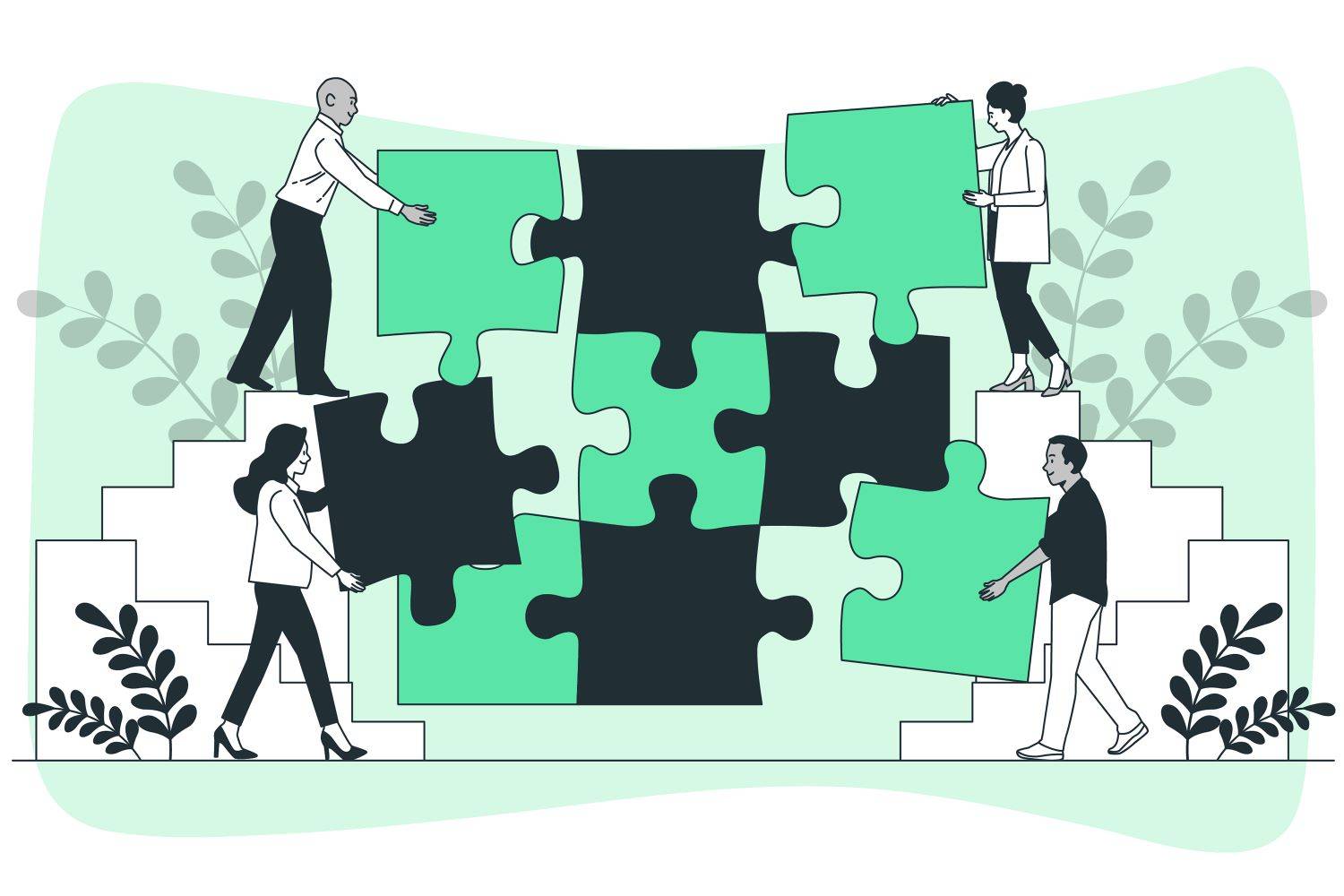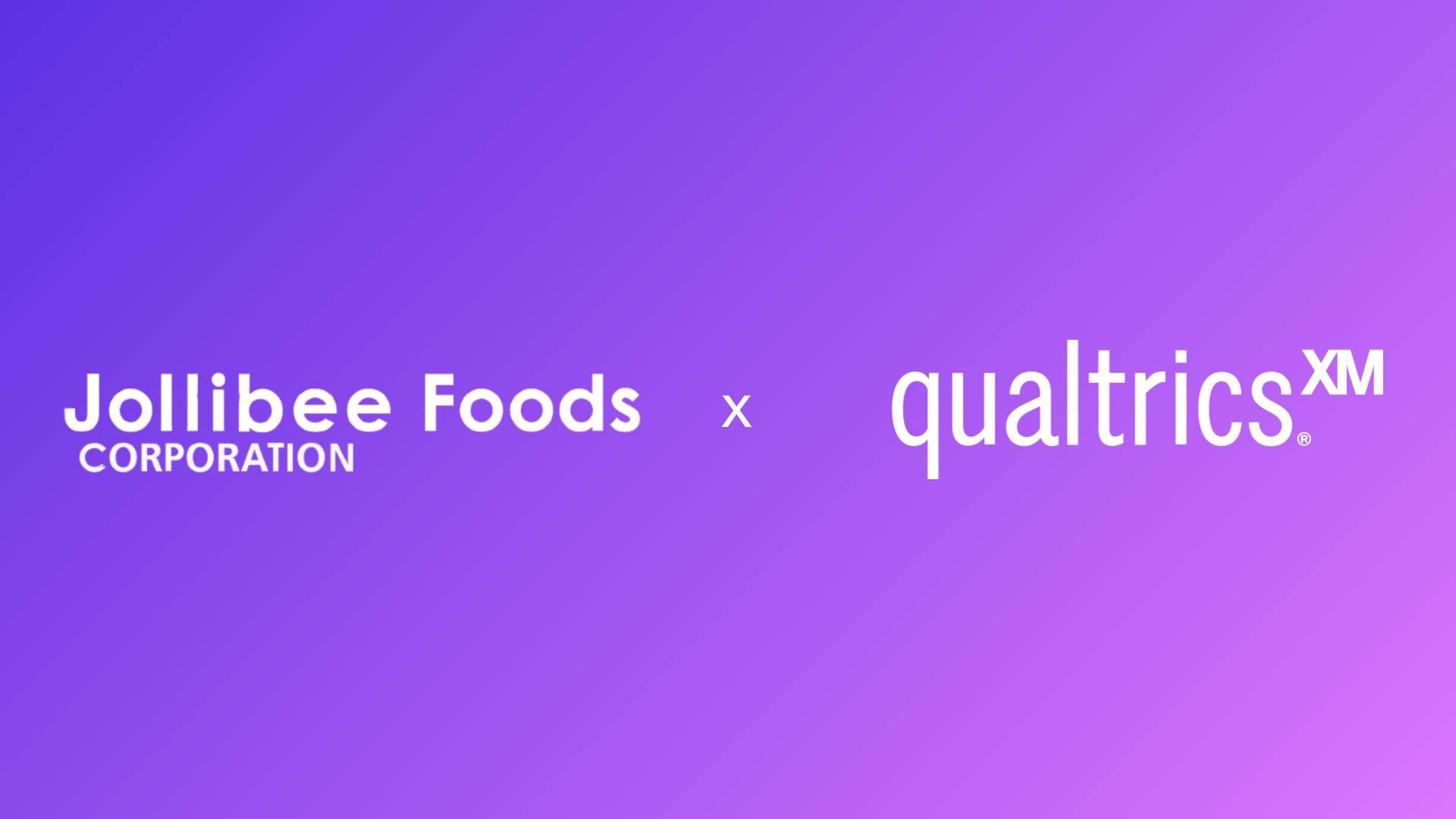Hotel Monterey of Japan had been in the market for a customer data platform and marketing automation, with the goal of improving retention rates and promoting new memberships. Appier and its extensive AI solutions appealed to the hotel, particularly because Appier was able to provide the capabilities of an AI-powered Customer Data Platform and marketing automation.
At a glance, Appier’s solutions helped the hotel chain to break customer data silos and improve user engagement. This in turn led to more capabilities for the hotel to offer enhanced hospitality solutions and better user experience.
Above all, it enables the hotel chain to deliver “omotenashi” or hospitality, which in Japanese culture means making guests and visitors feel welcome.
The Journey
Hotel Monterey was founded in 1986, and to date it owns and operates 21 hotels in 10 cities throughout Japan. They boast having a variety of styles to offer their guests, with rooms that are both functional and warm. They even have spa facilities built around natural hot springs, increasing their allure.
The first was the ability to integrate siloed online and offline data for the first time; the second was the ability to visualize user behavior and figure out what to do next; the third was the ability to easily share these results with internal team members and have a common language to discuss them.
As with most businesses that have been established for decades, technology gained more and more importance as the hotel had to keep up with changing customer needs. One key legacy which Hotel Monterey wanted to address was its customer relationship management (CRM) system, as the existing system at the time had been in use for over two decades.
Data was fragmented which impeded the analyzing of data to gain insights into hotel guests.
The company was not able gain visibility or answer questions like:
- Where their website visitors come from
- What the best engagement channel is
- Whom to promote new packages to, or which countries to target
Real-time forecasting
Today, the hotel chain utilizes what Appier claims is the industry’s first real-time prediction features. “Conversion Score” and “Price Sensitive Score” are two indicators of whether a user would make a hotel reservation, at a given price point.
Director of Planning and Administration, Atsushi Hasebei observed, “They help us score and categorize users as ‘likely to convert’ and ‘likely to respond to bargains.’ We can deliver personalized content to them, and it’s especially revolutionary to be able to deliver coupons only to those who need them, instead of scattering them to everyone.”
All in all, there were three objectives that the Hotel wanted to achieve:
- Integrate/unify siloed data
- Use the data to reach users
- Increase user engagement through more social networks and personalization
Atsushi said, “To do this, Appier’s three solutions, AIRIS, AIQUA, and BotBonnie were essential.” While AIRIS could be seen as an AI-powered customer data platform, AIQUA offered personalized marketing and BotBonnie is the conversational marketing engine. Together, these solutions offered capabilities like recommending special dining offers to repeat guests based on past website behaviors.
“The implementation was completed in three months, although a certain amount of time was needed to accumulate online data. After that, we have been gradually setting up campaigns and visualizing the data.” He also admitted that they faced challenges. “We needed to think about these things: deciding what data we would get online, how to properly feed it to AIQUA, and how to integrate that data with offline data.
Efforts to deploy the solutions have paid off handsomely as the business achieved 3 important business outcomes that lay the foundation for their journey to even greater heights of ‘omotenashi’.
The first was the ability to integrate siloed online and offline data for the first time; the second was the ability to visualize user behavior and figure out what to do next; the third was the ability to easily share these results with internal team members and have a common language to discuss them.
Interestingly, the company did not have to adjust their data management practices, as the solution integrated itself with the core data of their managed systems and online data.
Future Plans
Atsushi admitted, “At this stage, we are still in the process of setting up our data infrastructure, but we hope to build a long-term relationship with our users by providing personalized experiences.”
He shared that the company has finally gained ground on their data, but still sees a need to integrate data from users who visit their website as well as guests who actually stay at their hotels.
“We cannot predict what kind of MarTech will be invented three years from now, but we will continue to deliver individualized messages to our guests and do the things that will give them a wonderful and memorable experience, on a day-to-day basis,” Atsushi concluded.









